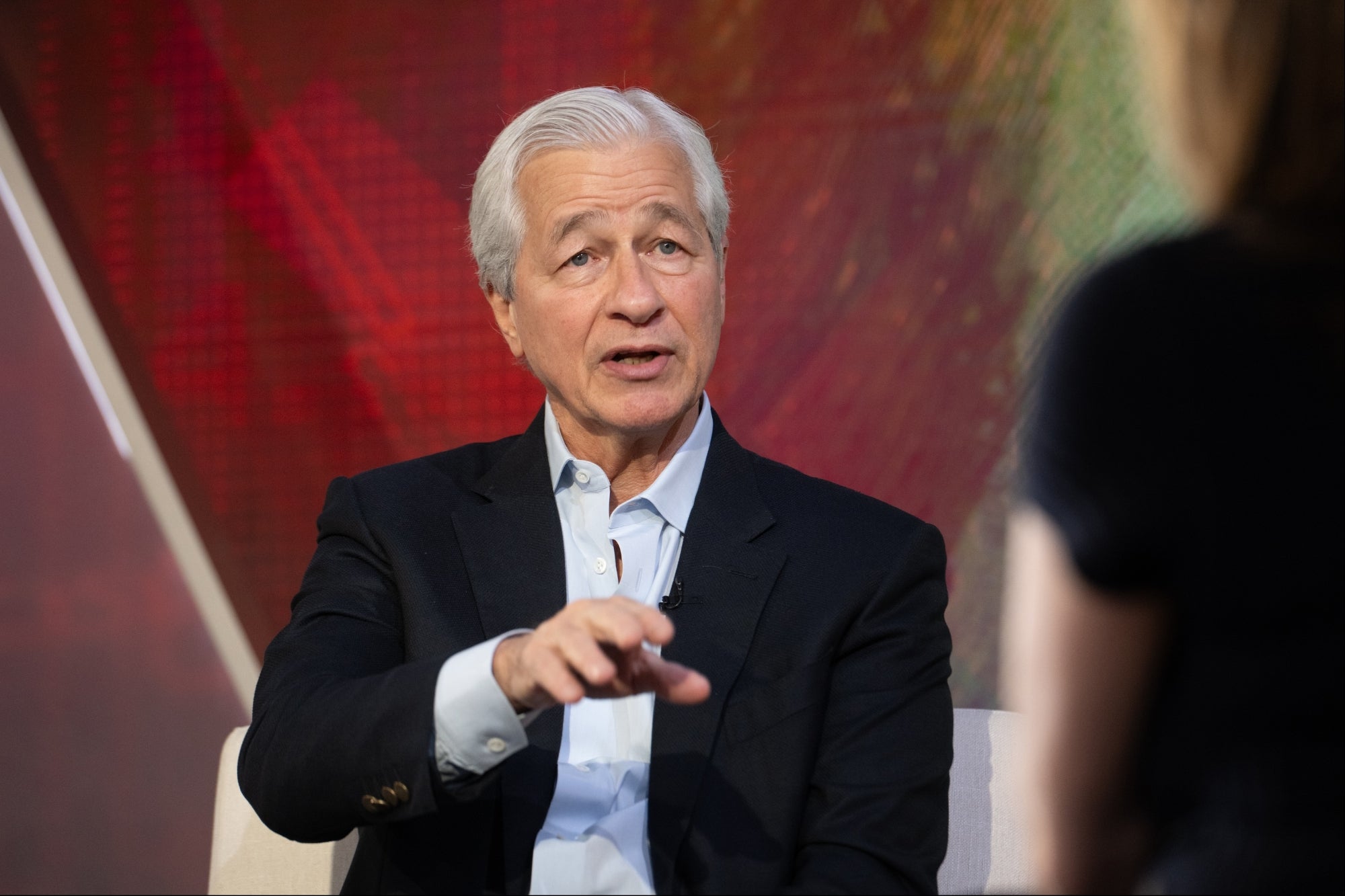How This General Store Turned NYC Hotspot Earned Michelin's Attention Amir Nathan of Sami & Susu discusses taking financial risks, reinventing a restaurant and bringing Israeli flavors to New York City.
By Shawn P. Walchef Edited by Jessica Thomas
Key Takeaways
- Sami & Susu's metamorphosis from a sandwich-serving general store to a full-service restaurant has led to acclaim and Michelin Bib Gourmand honors.
- The Lower East Side gem, with its deeply personal name and cuisine reflecting Amir Nathan's heritage, has become a hot spot for diners seeking vibrant flavors.
Opinions expressed by Entrepreneur contributors are their own.
When Sami & Susu first opened, it wasn't a restaurant at all. It was a general store stocked with tahinis, olive oils and honey, selling sandwiches and salads to keep the lights on during Covid. It wasn't the food Amir Nathan wanted to cook, but it was the only way forward.
"We weren't showcasing our full capabilities," he tells Shawn Walchef, host of Restaurant Influencers. The pivot to a full-service restaurant in 2022 changed everything. Within months, the energy in the space shifted from transactional to electric.
Now try booking a table at Sami & Susu. If you're lucky, you'll snag one three weeks out. If not, you'll be left scrolling through Instagram, watching other people dig into hanger steak over creamed corn, heirloom tomato salad piled onto thick sourdough, and crispy sweetbreads that have made new fans of organ meat.
Related: This Chef Built a Meatball Empire, Lost Millions and Came Back Stronger with a Pizza Revolution
The Lower East Side restaurant fills up night after night, a place where the food is as electric as the room itself. Nathan and his co-founder, Justin Anderson, built it from the ground up, earning a Michelin Bib Gourmand three years running. You'd think success like this meant a seamless path — clear vision, solid backing, smooth execution. Not even close.
Nathan didn't launch Sami & Susu with a dream investor, a foolproof business model or deep pockets. Mistakes were made. Budgets blew up. If he had focused only on the numbers, he says, the restaurant wouldn't have lasted a year.
Instead, they pushed forward, adjusted and built something better. Sami & Susu evolved — first as a pop-up, then a general store and finally into the kind of restaurant where people fight for a reservation.
Related: A Long-Time Google Exec Shares the Secrets to Helping Customers Find Your Restaurant
A name that runs deep
The name Sami & Susu is a statement.
It comes from an Israeli TV show that symbolized coexistence, a nod to Nathan's roots. It's also a tribute to a no-frills Romanian steakhouse in his hometown of Be'er Sheva, a place where plates of kebabs, piles of garlic, and endless vodka define a meal.
That mix of heritage, nostalgia and bold, unfussy cooking is what drives Sami & Susu's menu. It's not strictly Israeli or strictly European, but it's Nathan's own blend of influence and instinct.
Nathan knew he wanted to cook before he even understood what that meant. At eight years old, he watched a TV chef make gnocchi, decided he could do the same and turned his parents' kitchen into a one-night-only pop-up. He made the dish from scratch, set up a dining area and proudly served his family.
That spark never left. From kitchens in Israel to some of New York's most acclaimed restaurants, Nathan built his career by taking risks and figuring things out as he went.
Now, with Sami & Susu packed every night, he's setting his sights on something new.
Nathan's next project, Shifka, takes a pita-first approach to Middle Eastern flavors and has a format that can scale. He doesn't want a massive chain, but he does see room for growth beyond New York.
Shifka may be the future, but Sami & Susu is still pure New York. Intimate, unexpected, and impossible to pin down. It's the kind of place where Valentine's Day means four courses of beef heart, each paired with a different sparkling wine. It's about trying new flavors and not playing it safe — and that's exactly why people keep coming back.
About Restaurant Influencers
Restaurant Influencers is brought to you by Toast, the powerful restaurant point-of-sale and management system that helps restaurants improve operations, increase sales and create a better guest experience.
Toast — Powering Successful Restaurants. Learn more about Toast.














